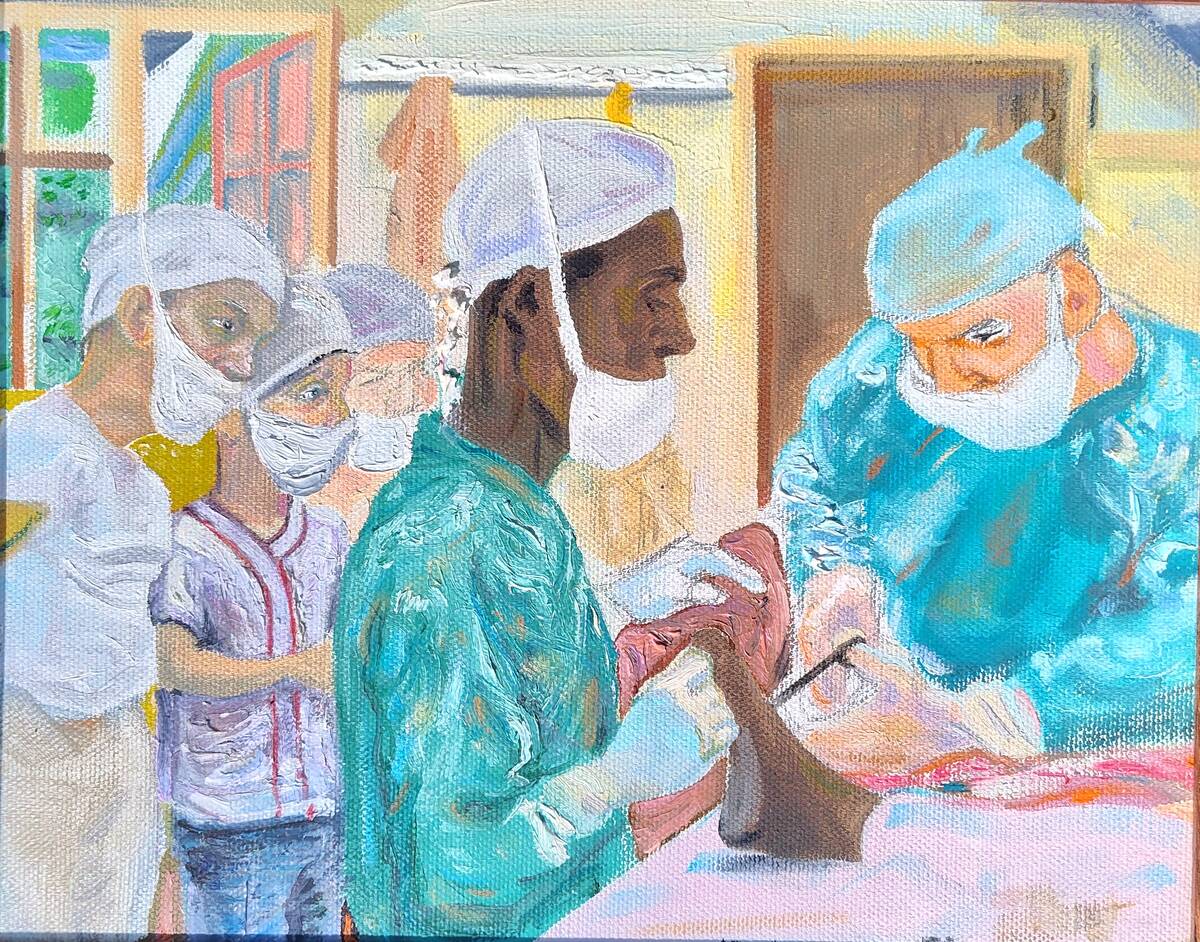Investing in Health Access for Nevada’s Rural Communities
Independence and self-sufficiency define rural life in Nevada. For those of us who call home the quieter parts of our state—far from the fast-paced streets of Vegas and Reno—there’s a pride in relying on neighbors, living by our own values, and enjoying Nevada’s natural beauty.
But living rural means we face unique challenges that urban areas often don’t, especially when it comes to accessing essential services like health care. Being part of a rural community shouldn’t mean compromising our ability to live healthy, productive lives.
As a former Nevada State Assembly member, I had the honor of representing Pahrump and many other great communities across Nye, Lincoln, and rural Clark counties for three terms.
Improving health care access was one of my top priorities; I was proud to sponsor landmark legislation that expanded both telehealth and community paramedicine services. This legislation enabled rural residents to connect with health care providers virtually, bringing critical care closer to home. It also empowered EMTs and paramedics to provide essential primary care services within their communities, allowing us to address immediate health care needs without the long drives many rural Nevadans face.
These laws were significant steps forward, but building a comprehensive health care network for rural areas remains challenging. However, two recent developments—the Nevada Statewide Digital Equity Plan and the expansion of Medicaid Managed Care in rural communities—are setting the stage for even more accessible care. With one in four Nevadans receiving insurance through managed care organizations (MCOs), they are crucial partners in delivering the health outcomes, especially for rural communities like ours.
In recent years, telehealth has become a key component of the modern delivery of health care services. But if you don’t have reliable access to the internet, you’re shut out of using digital health care options. The Nevada Governor’s Office of Science, Innovation and Technology published a comprehensive ‘Nevada Statewide Digital Equity Plan’ earlier this year to address the persistent lack of digital connectivity for many Nevadans, including those in rural areas.
Affordable and accessible broadband service is essential to increasing access to telehealth services that can help rural Nevadans improve their health. Just as importantly, better digital access provides the opportunity to stay in contact with family and friends to support mental and emotional health.
Telehealth isn’t a cure-all, but it provides a crucial bridge for rural residents needing basic medical care. From diagnostic kiosks to advanced smartphone tech, new innovations make it possible to receive care without a lengthy drive.
However, these tools only benefit those with digital access, underscoring the importance of statewide investment in connectivity.
Similar to investing in improved internet connections, Nevada’s decision to expand Medicaid managed care into rural communities is a major win. Through a competitive bid process, the state will select MCOs to deliver medical services to rural counties outside of Clark and Washoe.
This process is already attracting health plans with proven track records in other states to bring that expertise to Nevada. I’ve had the opportunity to work as a consultant with one such organization, CareSource, a nationally recognized nonprofit health plan that has more than 30 years of experience in health innovation. CareSource seeks to bring its national expertise to bear to expand access to care through telehealth services and other programs that help improve the lives of its members.
As Nevada chooses MCOs for this expansion, the focus should be on health plans committed to investing in Nevada’s future. MCOs should be investing in the best practices, partnerships and innovative approaches to deliver better health outcomes. Nevadans deserve the best care options available today, as well as a long-term commitment to solving our health care challenges.
Our tax dollars should be reinvested here, enhancing rural health and not padding the profits of out-of-state businesses.
Rural communities shouldn’t have to compromise our way of life to receive quality health care. Though there’s still much work to do, Nevada’s investments in digital infrastructure and health care partnerships represent real progress. With sustained commitment, we can bring quality health care to every corner of our great state.
James Oscarson is a rural health care leader and innovator, a former Nevada state assemblyman. Currently working as a consultant for CareSource, a nonprofit managed care organization serving over 2 million members nationwide. James lives in Pahrump, Nevada, and continues to advocate for rural communities’ health care and infrastructure.

















